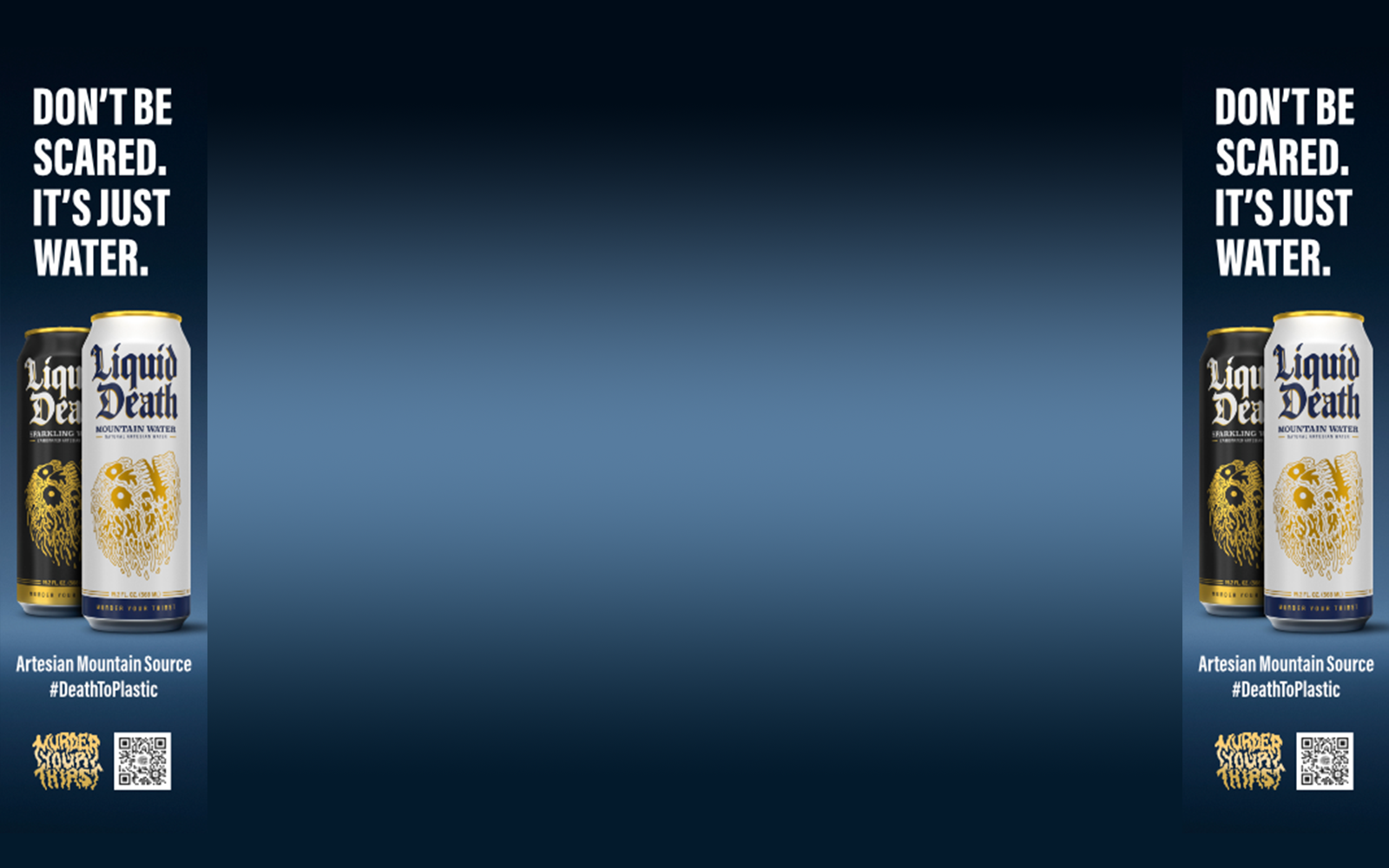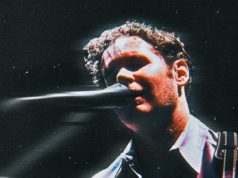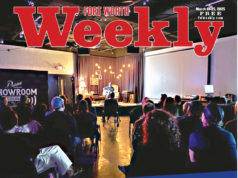Flipside has had the same lineup for 12 years, but there’s little else about the jazz trio that can be called predictable. At a late-night gig at Scat Jazz Lounge in November, Flipside bassist Paul Unger began a hard-swinging vamp on his custom five-string bass. His playing wasn’t brash or loud, but it was full of tension. He periodically broke into short, melodic lines before settling back into a groove.
Near the front of the stage, saxophonist Dave Monsch listened intently with his eyes closed. About a minute in, drummer Dennis Durick entered with light and rapid licks and rolls before Monsch began to solo, unleashing a torrent of rapid-fire arpeggios and bluesy melodies. As Monsch drifted away, Durick backed off, leaving Unger to finish the tune as he’d begun it, alone.
After the applause died down, Unger, who also plays in the Fort Worth Symphony Orchestra and the bossa nova-influenced outfit Los Noviembres, matter-of-factly told the audience that he and his bandmates had just made up that song. Then they dived straight into a number from their new album, Perfectly Sane, the band’s third long-player. While jazz musicians often improvise, rarely do they whip up entire tunes on the spot.
Durick, whose outward exuberance contrasts with Unger’s and Monsch’s austere stage presences, said the audience isn’t the only group left guessing what’s next at shows.
“We surprise ourselves every time we play,” he said afterward, seated at a Scat table with his bandmates.
“The reason I love [this group] is because there’s no ego here,” Unger said. “We can play the same tune for the hundredth time and do a totally different groove, and it’s fine. You’d be surprised how many musicians you can’t do that with. They get real uncomfortable with change.”
Whether live or recorded, Unger and his bandmates relentlessly push the capabilities of their instruments. Unger frequently uses pedals to loop figures that he can build on or to alter the sound of his instrument altogether. His five-string bass, he said, offers “unique sonorities.” Durick is known to drop his sticks mid-performance and hand-beat his drums and cymbals to get a tribal, primitive effect. Monsch is equally at home with any of the woodwind instruments he sets onstage.
Flipside’s tunes are progressive, but they aren’t atonal. Unger maintains a tonal center, even if it’s only hinted at. The chord changes (when they’re noticeable) are sparse and reminiscent of classic modal jazz tunes like Miles Davis’ “So What.”
The eclectic mix is the result of a long journey. Flipside’s original conception was as a free jazz quartet in 1999 with Unger, Monsch, trumpeter Chris Curiel (who left in 2002), and drummer Joel Fountain, who was replaced by Durick after only a year. The idea was that of a house band that would allow guest musicians to sit in and go beyond straight-ahead jazz. Between ’99 and 2008, the group had a couple of Dallas residencies.
Flipside also did some recording, releasing its first album, Raw, in 2001. The band’s second recording didn’t arrive until nearly a decade later. Like that self-titled album, Perfectly Sane was recorded at The Echo Lab in Argyle. (The long break between the first and second albums owes to life, Unger said. All three musicians have day jobs and families.)
One thing that separates Flipside from most jazz outfits is its lack of piano or guitar, instruments that clearly delineate harmonies. “There are some limitations to not having chords,” Durick said. “I’ve got a couple of tunes that I haven’t brought in because I’m not sure how we’d do them. You have to have harmony for those songs to make sense. Some tunes work that way. Some don’t. I love it when it works.”
With Unger’s playing and Monsch’s lines, he said, “you can still hear the harmony … without having chord, chord, chord shoved down your throat.
“We’re still considered a fringe band,” Durick continued. “I think a lot of modern jazz is too cerebral. Not that we don’t do tunes in odd meters, but it’s more about living in the music of the moment.”
Jazz has always been a progressive, forward-thinking genre that synthesizes influences from near and far while putting a premium on improvisation and virtuosity. Unger and his bandmates are well aware of this rich legacy. They proudly wear the jazz label, but audiences are free to call it whatever they want.
“I think there are people who aren’t thinking about [the jazz label] when they listen to us,” Monsch said. “They just like the energy or emotional quality to it without being too cerebral or labeling it.”
If the musicians are doing their jobs, Durick said, the fun they’re having onstage will touch the audience: “Even though we’re not whooping and hollering, you can feel the energy.”
[box_info]
Flipside
8:30pm Thu at Scat Jazz Lounge, 111 W 4th St, FW. $5. 817-870-9100.
[/box_info]




![Music Unger: “The reason I love [this group] is because there’s no ego here.” Allyson V. Williams](https://www.fwweekly.com/wp-content/uploads/2015/01/Music.jpg)









Good review. Heard their name, usually with acclaim, now I need to hear them. Thanks.